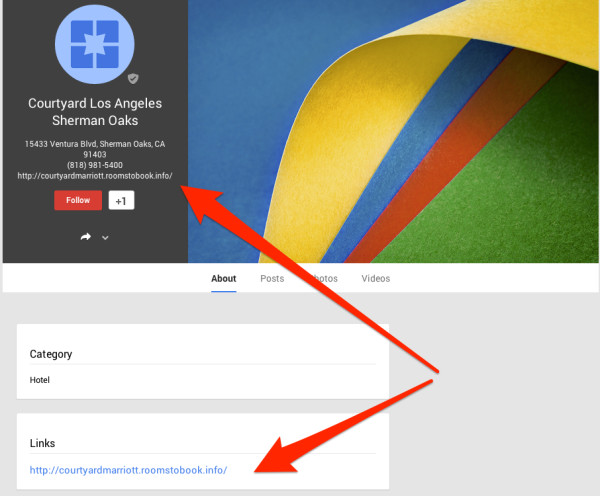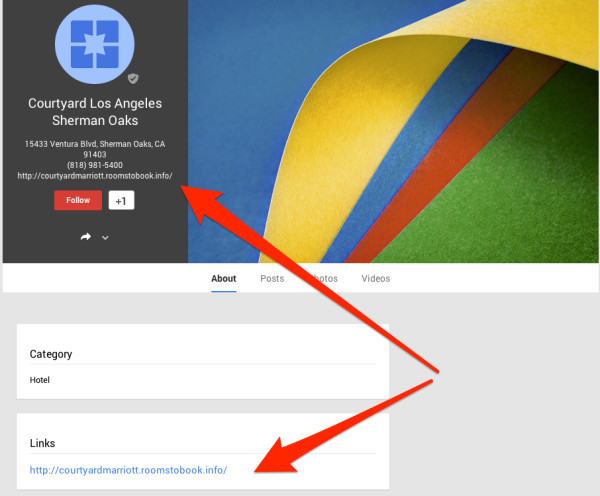 None of the big search engines like to talk about it, but negative SEO has been a problem for years. By Google’s admission, negative SEO has been occurring since 2007 – though they claim it is rare.
None of the big search engines like to talk about it, but negative SEO has been a problem for years. By Google’s admission, negative SEO has been occurring since 2007 – though they claim it is rare.
As “rare” as negative SEO may be, it has managed to cause serious problems for sits as large as Expedia, and it has been enough of an issue for Google to have to reword their own documentation on the subject.
If you’ve yet to run into any cases of negative SEO, it is a practice of using purposefully bad SEO against a competitor. For example, it is possible to point huge numbers of low-quality links towards a competitor’s site and potentially cause the competitor to be punished by Google’s Penguin algorithm. Penguin is designed to take down sites who build backlink profiles filled with low-quality links in order to cheat the search engine for high rankings.
You would think search engines would be actively trying to fight the possibility of SEO companies using their skills against competitors or former clients, but according to Search Engine Roundtable, it is only getting easier.
Barry Schwartz reported on a conversation occurring over at WebmasterWorld, where a site administrator going by Engine said “negative SEO is now much easier to do than it was prior to google’s latest updates.”
It turns out, the majority of webmasters and SEOs seem to agree. The overwhelming response to the question on WebmaserWorld agreed with Engine’s statement, and over 70% of the respondents to a poll on Search Engine Roundtable sided with those who believe negative SEO is getting easier.
Considering the latest algorithm updates from Google are receiving the majority of the blame for this trend, it isn’t particularly surprising they remain relatively mum on the issue. But, business owners have every right to be concerned. Hopefully, Google’s next big algorithm they unveil will be aimed at protecting innocent webmasters from the “black hat SEOs” who use such destructive practices.








